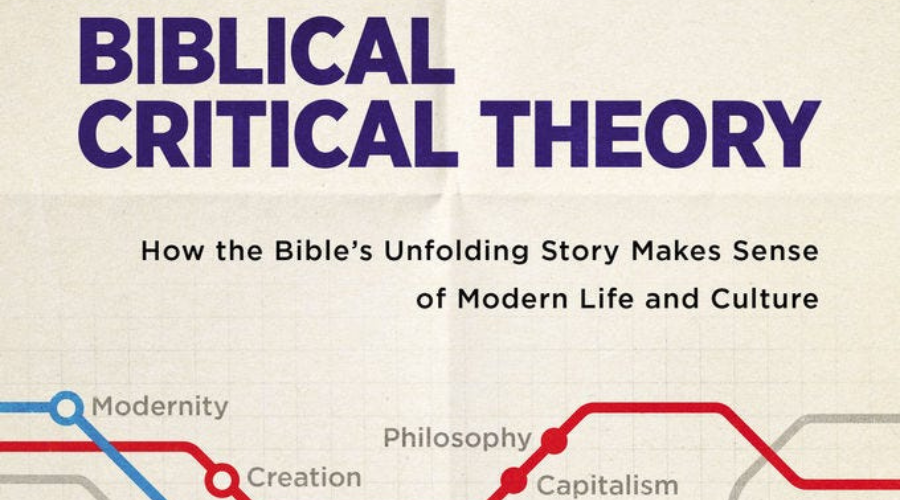A New Christian Social Theory
[But now] enter Christopher Watkin and his mammoth volume Biblical Critical Theory: How the Bible’s Unfolding Story Makes Sense of Modern Life and Culture, which gives a new take on what culture is and how to think about it as a Christian. In the book Watkin’s aim is to map ways in which the Bible teaches us how to inhabit our faith in any given culture context—but especially the world of late modernity.
Watkin’s expertise in modern languages and literature provides the backdrop for the book. He argues that as he studied social theories and their theorists, from Marxism and Freudian psychoanalysis, to postcolonialism and feminism, he was both struck by their comprehensive explanatory power used to map how to live, and the dearth of a compelling Christian alternative.
This lack of a Christian cultural theory to guide our mode of inhabiting our contemporary world is certainly not due to a lack resources to draw upon, but rather, he argues, because Christians do not always fully understand the ideas and values shaping the society around them.
For the writers and thinkers who swim in the waters of “theory” regularly, their attention to the lenses by which we see the world comes as second nature. In its technical usage, “theory” refers to construction ideas about the world to make sense of it, and then using these ideas to shape the entirety of the world into the image of these ideas. For example, Marxist social theory posits a power struggle between social classes as root driver of all change in society, and therefore sees all interpersonal relationships and what needs to change in society in light of this theory. For most Christians, though, rather self-consciously employ some sort of social theory to make sense of life in the world, we often take the world as it is. In doing so, we do not always pay attention to what informs our take on the world. We do not always see how it is that we see things.
To chart the outlines of a Christian cultural theory, then, Watkin aims to revisit the great source of how we ought to see the world and Christian scripture, in order to let CCT show us how much modernity, with all its sensibilities and mores, affect how we see both scripture and the world through it.
All of this points to the fact that we cannot ever really divest ourselves from the context from within which we come to the text. So, as Watkin models throughout the book, the prudent thing to do is to return again and again to the text with today’s dominant social theories in tow to put them in conversation with the text and see how scripture critiques
This requires knowing both Christian scripture inside and out, and the theories and theorists that have shaped the way we think and live in the late modern West. Yet, lest we think such an endeavor is simple enough, equipped as we are with worldview thinking or the familiar Christ-against-culture or Christ-above-culture paradigms, Watkin models for us in great detail how complex a task this really is.
The above is an excerpt from the full article posted on The Land Center for Cultural Engagement.
Dennis Greeson is Dean of the BibleMesh Institute and Research Fellow in Public Theology for The Land Center for Cultural Engagement. He teaches and writes on theology, culture, and public square issues.
